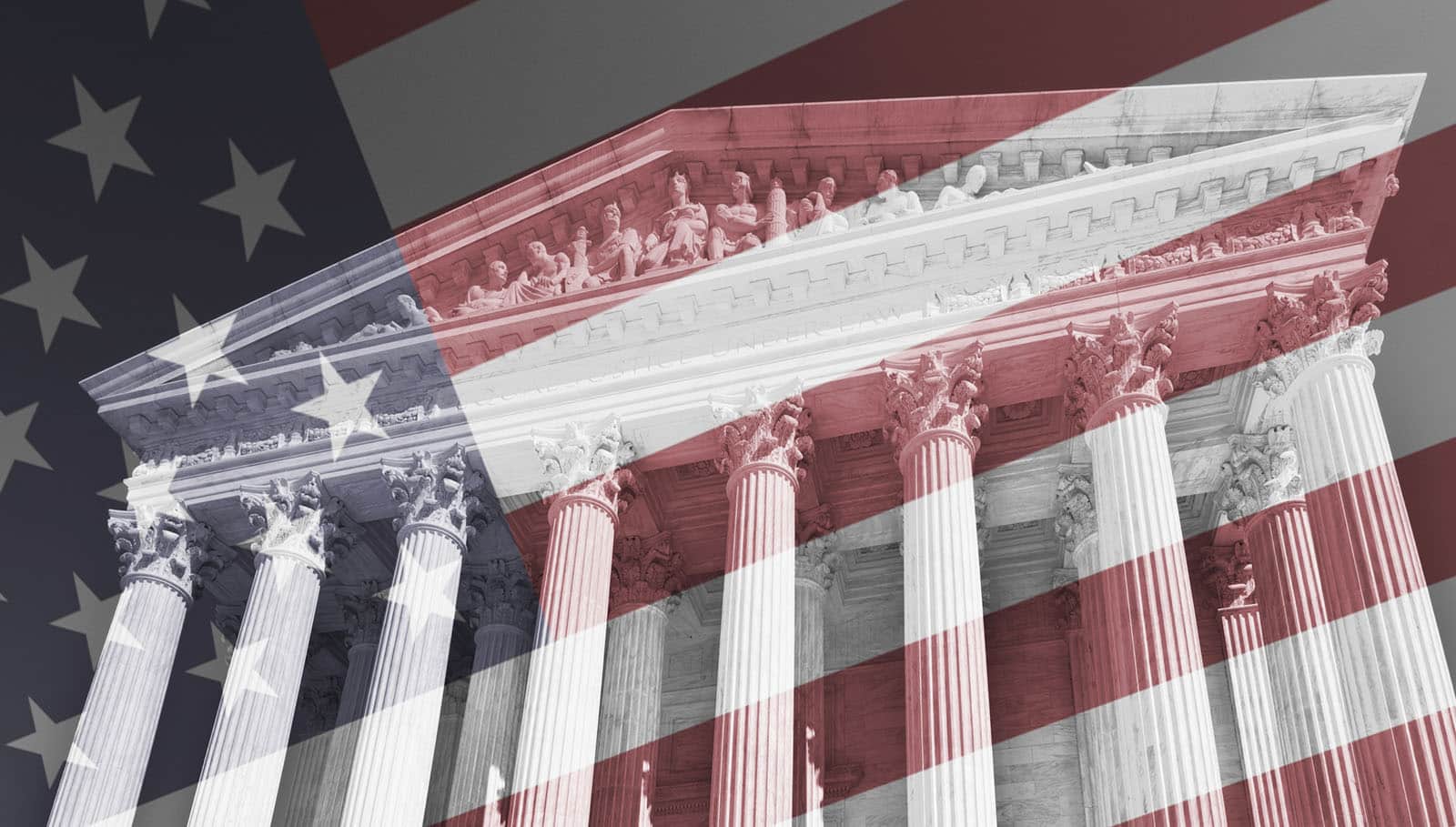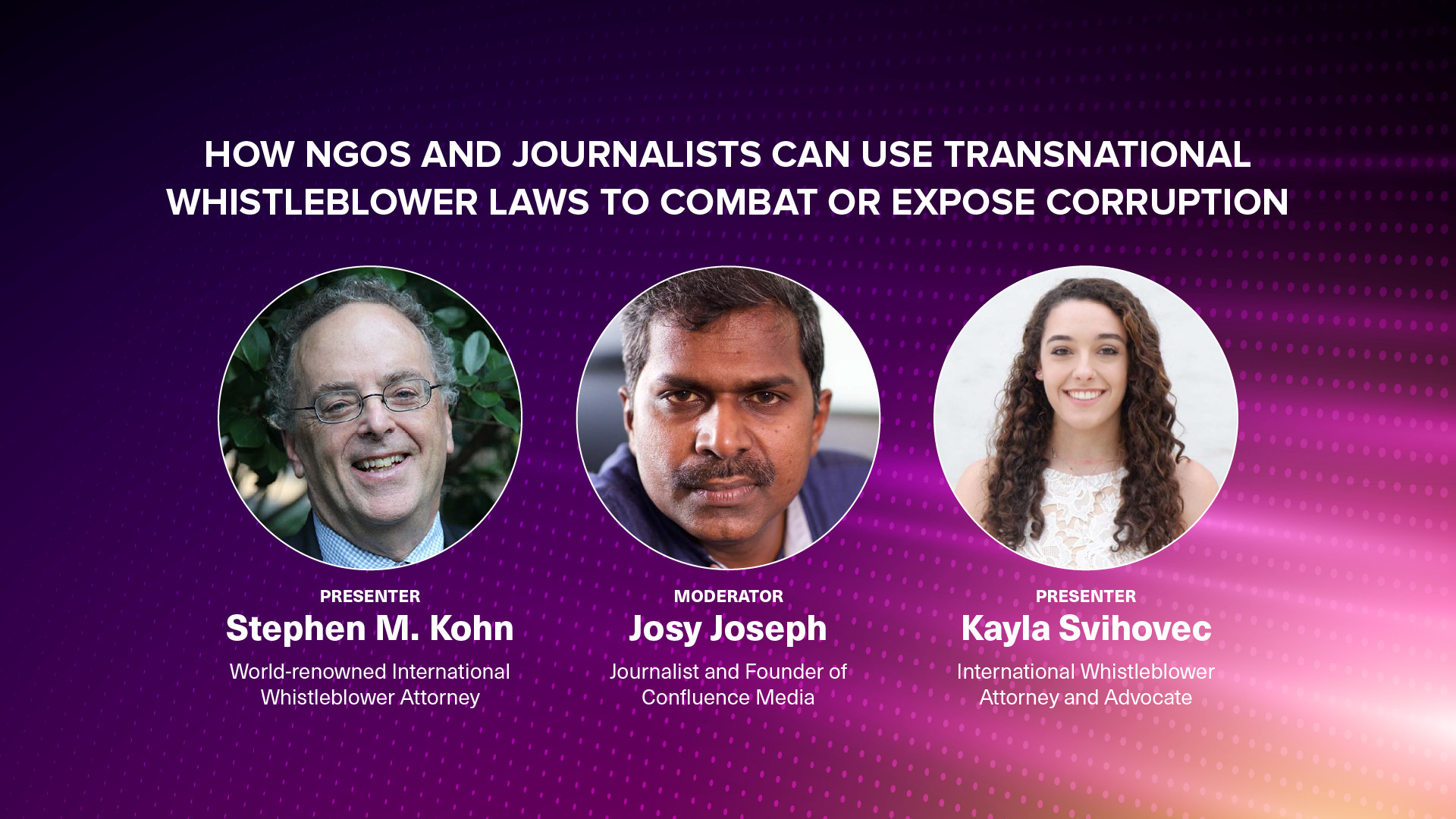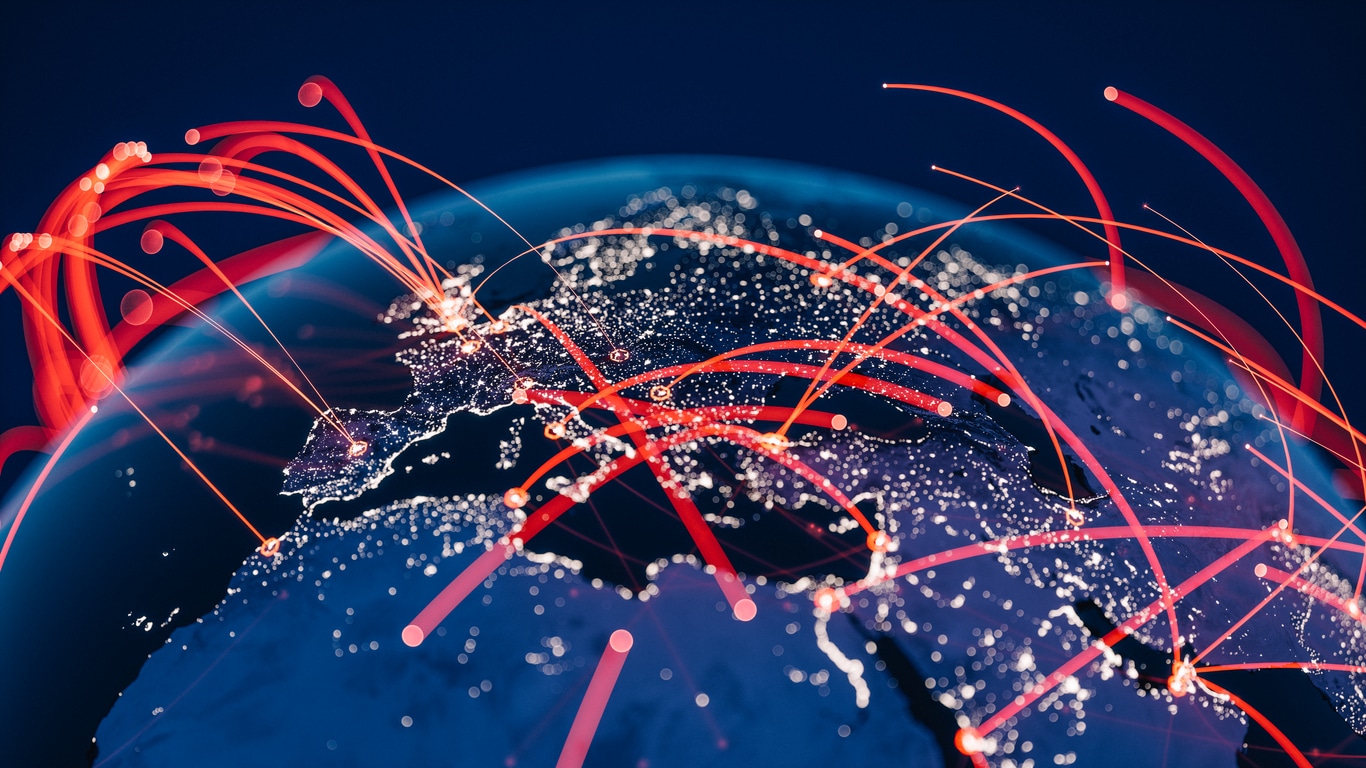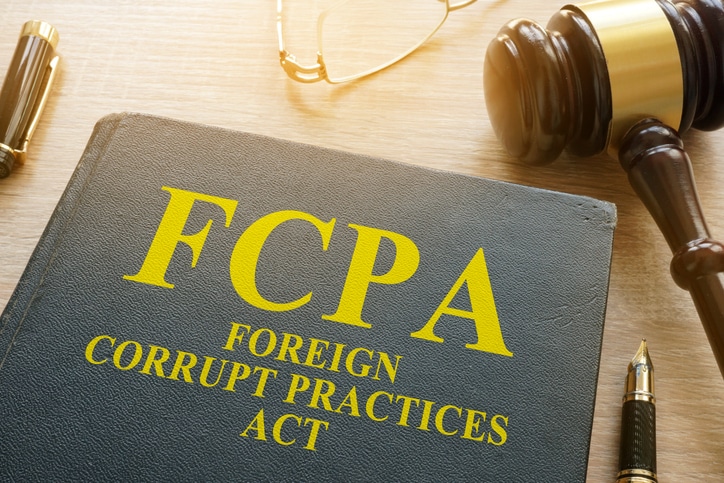Introduction to Corruption in Brazil
Corruption in Brazil is a major issue that affects all aspects of society. Political corruption has been the biggest concern, where political officials have abused their positions of power for personal gain. This includes cases of bribery, embezzlement, money laundering, cronyism and nepotism.
However, corruption can be seen in the Brazilian administration as well, ranging from extortion and graft to patronage and other forms of favoritism. These forms of corruption lead to major economic instability, social unrest, and major distrust in government.
In this analysis, we delve deeper into the issue of corruption in Brazil, providing some insight into the history of corruption, types, examples, and the efforts to combat it. We also discuss the various U.S. whistleblower award and protection laws available to Brazilians who know of corruption involving U.S. citizens or publicly traded corporations, in which U.S. regulators have oversight over. Continue reading to learn more!
A Brief History of Corruption in Brazil
Brazil has been plagued by the issue of corruption for centuries, dating back to the colonial era and early republic where the Portuguese monarchy established a patronage system, where favors and positions were appointed in exchange for loyalty.
This wasn’t the only form of corruption taking place at this time. Nepotism also ran it’s course, and relatives of government officials obtained positions, despite their inadequate qualifications. This led to a concentration of power within families.
This concentration of power and political machines continued throughout the Old Republic (1930-1945), and the oligarchy dominated land ownership, using their influence to enrich themselves and their allies. This continued until the Vargas Era (1930-1945), when power became centralized under Getúlio Vargas, who ruled Brazil as dictator.
Policies created by Vargas created opportunities for corruption and rent-seeking. In other words, Vargas’ policies were manipulated in a way to increase profits without adding any major contributions to benefit Brazilian society.
The Military Era (1946-1985) focused on political repression but was also hindered by corruption within procurement and infrastructure. This was a period of economic liberalization, which opened the door for more opportunities for corruption.
However, tighter controls were implemented, and Brazil returned to re-democratization in 1985, which also brought with it several cases of large-scale corruption, but also the countries first ever anti-corruption efforts, which led to the persecution of several high-level officials.
Corruption in the Sixth Republic
Sarney Government (1985-1989)
The Sarney government was plagued by allegations of widespread corruption, with President Sarney himself facing accusations that were not pursued by Congress. The government was also accused of overpricing in public infrastructure projects, nepotism, and favoritism in awarding concessions. These issues contributed to a political and economic crisis that ultimately led to the creation of the PSDB.
Collor Government (1989-1992)
The Collor government was marked by several high-profile corruption scandals, including accusations against the president, his family, and his associates. These scandals involved bribery, embezzlement, and money laundering, and ultimately led to Collor’s impeachment and removal from office.
Itamar Franco Government (1992-1994)
While the Itamar Franco government was initially supported by Congress, it was also affected by allegations of corruption involving several ministers.
FHC Government (1995-2002)
The FHC government faced a series of corruption accusations related to privatization of state companies, government contracts, and vote-buying. Phone call recordings and other evidence implicated government officials in these scandals.
Lula Government (2003-2010)
The Lula government was marred by several major corruption scandals, including the Mensalão scandal, the Bingos scandal, and the Dossier scandal. These scandals involved vote-buying, bribery, extortion, and other illegal activities.
Dilma Government (2011-2016)
The Dilma government was the focus of Operation Lava Jato, a massive corruption investigation that uncovered a widespread bribery and kickback scheme involving Petrobras, government officials, and construction companies. The investigation led to the impeachment of Dilma Rousseff and the arrest of numerous political figures.
Temer Government (2016-2018)
The Temer government also faced corruption allegations, with recordings revealing attempts to obstruct investigations and protect corrupt officials. The JBS scandal implicated Temer in bribery and corruption.
Bolsonaro Government (2019-present)
The Bolsonaro government has been plagued by corruption investigations involving several members of the president’s family and government officials. Allegations include nepotism, favoritism, and misuse of public funds.
Factors Leading to Corruption in Brazil
While Brazil has made strides in addressing corruption, it remains a complex and constant challenge that requires ongoing efforts from all levels of society. Below are a few of the main factors which have led to corruption in Brazil:
- Weak institutions: A lack of strong institutions and accountability mechanisms has facilitated corruption.
- Inequality: The vast gap between the rich and poor has created incentives for corruption and rent-seeking.
- Political culture: A political culture that often tolerates or even rewards corruption has made it difficult to combat.
- Economic conditions: Economic downturns and high unemployment rates can increase the pressure on public officials to engage in corrupt practices.
Types of Corruption in Brazil
Corruption in a major problem all over the world, and especially in Brazil, where most of its citizens will say that it’s the country’s biggest problem. According to a Datafolha survey, where 53% of respondents believed corruption would increase after the MEC scandal under Bolsonaro in 2022. Below is a list of the most common types of corruption concerning Brazilians today:
Political Corruption
Many Brazilians are concerned with corporations and politicians offering and accepting bribes, as this creates an uneven playing field. Other concerns include embezzlement, money laundering, cronyism, clientelism, and nepotism, all of which have been an issue for more than a century. In Brazil, public funds intended for essential services like health, education, and social programs are frequently misappropriated for personal gain, political activities, or overseas accounts.
Administrative Corruption
This includes extortion, or the threat of violence of force to obtain money or other benefits. Graft may also be used to acquire wealth through public appointments. Some may even be able to obtain a government position as a reward for their financial support of certain officials.
Other Forms
Organized criminal activity is also common in Brazil, where small businesses are extorted (required to pay protection money) to stay in business. Money laundering and tax evasion are also common, as well as the exploitation of natural resources and other environmental laws.
These are some of the major areas of corruption affecting Brazil today. However, embezzlement of public funds through the practices of overbilling is the most prevalent. This is known as superfaturamento, or super invoicing, and occurs most notably with contracts and procurement for public institutions.
Examples of Corruption in Brazil
Operation Car Wash (“Lava Jato”) (2014-2021)
Operation Car Wash (“Lava Jato”) was the largest corruption investigation in Brazilian history, uncovering a massive bribery and kickback scheme involving state-owned oil company Petrobras, government officials, and numerous construction companies, including Odebrecht. How this worked was, several construction companies paid bribes to Petrobras officials in exchange for contracts that were highly inflated. Politicians from various parties, including members of the Workers’ Party (PT) and Brazilian Democratic Movement Party (PMDB) received kickbacks from these companies.
The scandal led to the impeachment of President Dilma Rousseff and the arrest of numerous politicians and business executives, including former President Luiz Inácio Lula da Silva. According to the Public Prosecutor’s office, Lava Jato had resulted in more than 200 convictions, including corruption, abuse of the international financial system, drug trafficking, and money laundering. More than a dozen other corporations and multiple foreign leaders had also been implicated in Lava Jato, primarily through Odebrecht, including former Colombian President Juan Manuel Santos, former Venezuelan President Nicolas Maduro, and former Peruvian President Pedro Pablo Kuczynski.
Mensalão Scandal (2005)
Uncovered by Brazilian politician and whistleblower Roberto Jefferson, this major political corruption scandal occurred in 2005, and involved the Workers’ Party (PT), who were allegedly involved in vote-buying in the Brazilian Congress. They were accused of paying bribes to congress members monthly (in Portuguese, Mensalão means “big monthly payment”) in exchange for their support in legislative matters. Several high-ranking PT officials, including José Dirceu, the former chief of staff of President Luiz Inácio Lula da Silva, were implicated in the scandal. Several politicians were also involved in the scandal and were stripped of their political rights.
Anti-Corruption Measures in Brazil
After Lava Jato, significant state-owned reforms (SOE) were put in place to combat corruption.
For instance, in 2016, the Brazilian government passed the Law on the Responsibility of Federal State Companies, which aims to strength internal control environments within SEOs using fiscal councils and internal auditing committees. In essence, this 2016 law requires:
- Codes of Conduct: All SOEs were required to develop internal codes of conduct to outline expected behavior and prevent conflicts of interest.
- Audit Committees: Statutory audit committees were established to oversee internal and external auditors and receive anonymous reports of misconduct.
- Revised Appointment Process: Clearer requirements for appointing board members and senior management were introduced, and civil servants were prohibited from holding such positions.
- Increased Transparency in Procurement: SOEs were required to increase transparency in the procurement process, including publishing item costs and negotiating with suppliers before awarding bids.
- Enhanced Monitoring and Enforcement: The Supreme Audit Institution and the Office of the Comptroller General were tasked with actively monitoring and enforcing the new anti-corruption measures.
Another piece of reform is the Clean Company Act of 2014 (Lei Anticorrupção Brasileira or LAC), which is aimed at combating corruption within the private sector.
It has introduced several measures to increase transparency, accountability, and ethical conduct in Brazilian companies, and defines civil and administrative penalties, and possibility of reduction in penalties for cooperation with law enforcement under a written leniency agreement signed and agreed to between the companies and the government.
It also requires companies to conduct due diligence on business partners, implement ethics programs, and increase transparency. Companies that cooperate with authorities in investigating corruption may receive reduced penalties.
Other Brazilian Anti-Corruption Laws
Law No. 12,527 of 18 November 2011 (Lei de Acesso à Informação)
This law, commonly known as the “Transparency Law,” grants the public a broad right of access to information held by government agencies and public entities. Its goal is to increase transparency and accountability in the public sector. The law establishes procedures for requesting and obtaining information, as well as mechanisms for appealing denials.
Law No. 12,813 of 16 May 2013 (Lei de Conflito de Interesses)
This law aims to prevent conflicts of interest among public officials. It establishes rules for declaring and managing conflicts of interest and imposes penalties on officials who violate these rules. The law covers a wide range of situations where conflicts of interest may arise, such as when public officials have personal or financial interests that could influence their decision-making.
Law No. 12,850 of 2 August 2013 (Lei das Organizações Criminosas)
This law defines organized crime and establishes penalties for individuals and groups involved in such activities. It also provides for the creation of specialized units to investigate and prosecute organized crime cases. The law aims to dismantle criminal organizations and disrupt their activities.
Law No. 12,683 of 9 July 2012 (Lei de Lavagem de Dinheiro)
This law is part of Brazil’s efforts to combat money laundering and terrorist financing. It establishes rules for reporting suspicious financial transactions and imposes penalties on individuals and entities involved in money laundering. The law also requires financial institutions to implement measures to prevent money laundering. However, these laws provide no protections for whistleblowers who report cases of bribery, embezzlement, money laundering, or other illegal activity, which can expose them to major risks, such as retaliation.
Brazilians, Use U.S. Laws!
However, it is advised that Brazilians who have strong and credible information about a company involved in foreign corruption, such as bribery, embezzlement, money laundering, or other violations of environmental laws to use U.S. whistleblower laws and programs, as they provide better protections (against retaliation) and awards to qualified insiders, regardless of their nationality.
U.S. Whistleblower Laws Brazilians Can Use
The DOJ, the SEC, and Brazilian law enforcement agencies have improved cooperation across borders and continue to work together to prosecute multijurisdictional corruption violations.
Foreign Corrupt Practices Act (FCPA)
If you have evidence of a Brazilian company or citizen bribing foreign officials to gain an unfair advantage, you may be eligible for rewards and protection under the Dodd-Frank Act and the Foreign Corrupt Practices Act (FCPA).
This program, overseen by the SEC, offers awards of 10-30% of recovered sanctions exceeding $1 million and prohibits retaliation from employers. Due to the complexities of FCPA cases, consulting a U.S. whistleblower attorney is highly recommended.
Anti-Money Laundering (AML) Laws
If you possess information about money laundering schemes or violations of U.S. sanctions, you can report it to FinCEN or OFAC. FinCEN analyzes financial transactions to identify suspicious activity, while OFAC manages sanctions against foreign entities.
Whistleblowers exposing violations like failure to report suspicious activity (SARS) or inadequate client verification (KYC) under the Bank Secrecy Act (BSA) may be eligible for awards up to 30% of sanctions exceeding $1 million.
False Claims Act and Qui Tam
The False Claims Act protects whistleblowers who report fraud against the U.S. government. In 2023 alone, the Justice Department recovered over $2.68 billion through settlements and judgments.
Brazilian citizens with knowledge of such fraud can file a qui tam lawsuit (a provision within the Act) to receive a portion, between 15-30% of recovered damages or penalties. To maximize success and protect your rights, consider working with a U.S. attorney experienced in whistleblower law.
These laws offer strong incentives and protections for Brazilian citizens to expose wrongdoing involving U.S. companies and government contracts. Remember, anyone can report such activities, regardless of citizenship, if the U.S. has jurisdiction.
Conclusion
Corruption in Brazil is a major issue that has affect the country for over a centruy. From the colonial era to the present day, corruption has made it’s way into all levels of society, disrupting politics, administration, and the economy.
While Brazil has made significant strides in curbing corruption, it still remains a complicated problem. The country’s history of political instability, economic inequality, and a culture that often tolerates corruption have created a fertile ground for illicit activities.
To address corruption, Brazil must continue to strengthen its institutions, promote transparency, and hold corrupt officials accountable. The country’s passage of anti-corruption laws are important steps in the right direction, as well as public advocacy, but true accountability will take serious reform.
In the meantime, Brazilians should use U.S. anti-corruption and whistleblower laws, as they offer better protections and rewards, including the ability to file anonymously in order to protect one’s identity.
Seeking Legal Assistance?
Our firm specializes in foreign corruption cases. We have a proven track record, including representing Howard Wilkinson, who exposed a massive $230 billion money laundering scheme. We understand the complexities of whistleblowing and can help you navigate the legal landscape. Our team is committed to protecting your rights and interests. Don’t let corruption go unpunished. Contact us today for a confidential consultation.






